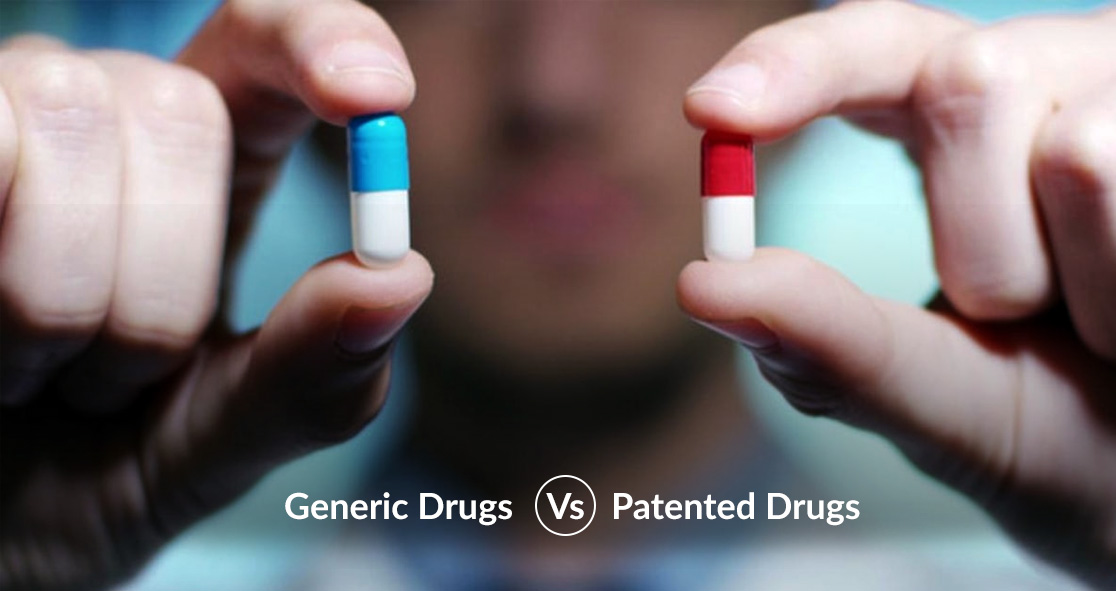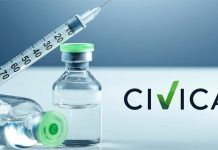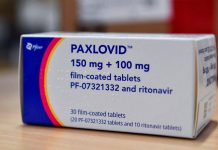Experts have been stressing the importance of generic drugs, primarily to reduce health care costs. And people often have questions about the differences between generic drugs and patented (brand) drugs.
Generic drugs are “drugs that are usually intended to be interchangeable with an innovator product that is manufactured without a license from the innovator company and marketed after the expiry date of the patent or other exclusive rights,” says the World Health Organization (WHO).
So, what is the difference between generic drugs and patented drugs?
When a pharma company first develops a new drug, it is sold under a particular brand name by which the doctors can start prescribing the drug to patients. This new drug is covered under patent protection by the regulatory bodies, meaning that only the pharma company holds the patent to manufacture and sell the drug.
In the United States, the brand drug patent is awarded for around twenty years.
Prof. Philip DeShong of the University of Maryland told Scientific American, “When a company develops a new drug, it typically receives a patent that lasts 20 years.”
However, the duration of the patent may vary from country to country. Companies usually apply for a patent long before the clinical trials to assess a drug’s safety and efficacy. Considering that, the effective patent duration after the approval is often around twelve years.
“The major difference between a brand-name pharmaceutical and its generic counterpart is neither chemistry nor quality, but whether the drug is still under patent protection by the company that initially developed it,” according to Prof. DeShong.
Once the patent expires, other pharma companies can start manufacturing and selling the drug’s generic version. According to the Food and Drug Administration (FDA), generic drugs have to be identical to their brand-name counterparts in terms of safety, efficacy, uses, route of drug administration, pharmacokinetics, and pharmacodynamics, according to Medical News Today.
Once a generic drug comes into the market, the monopoly of the brand drug patent holder is removed, encouraging competition and resulting in a significant drop in drug prices. In short, generic drugs save you money. According to MedicineNet, generic drugs are nearly 85% cheaper than patented drugs.
“Because companies wishing to sell the generic drug have much lower development costs, they can produce it at a lower unit cost, sell it for less and still make a profit on the sale,” noted Prof. DeShong, who is also the founder and Chief Scientific Officer of SD Nanosciences, Inc. of Beltsville, Maryland. He said the FDA regulates the manufacture of both brand drugs and generic drugs.























